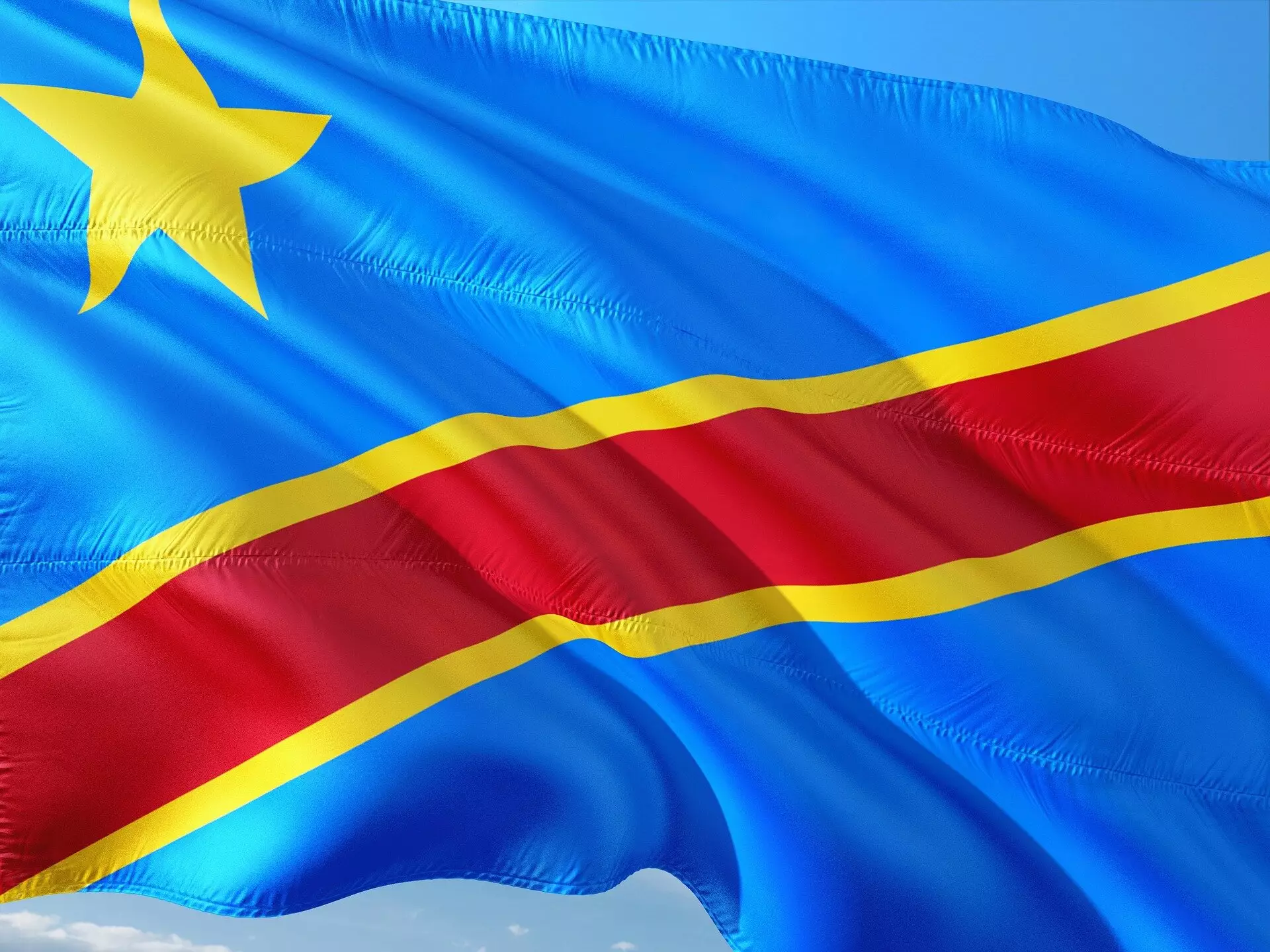The Democratic Republic of the Congo (DRC), often characterized as a mere victim amid the fierce global competition for mineral resources, holds a paradoxical position in the cobalt market. While it is the predominant producer of cobalt—providing approximately 70% of the world’s supply—its people continue to navigate through profound poverty, with 74% of the population living below the poverty line. This grim reality begs the question: how is it possible that a nation with such vast mineral wealth fails to translate that into improved living standards for its citizens? The answer lies in a complex interplay of local governance, international exploitation, and the dynamics of the global energy transition.
The importance of cobalt cannot be overstated; it serves as a crucial component in the batteries that power electric vehicles and other renewable energy technologies. Ironically, while the DRC is crucial to the advancement of global sustainability, the communities living near cobalt extraction sites grapple with unsafe working conditions, environmental degradation, and scant economic gains. The DRC’s cobalt has a storied history, having begun to flow out of its mines during the Belgian colonial era, yet the staggering inequities that persist indicate a failure to rectify past injustices.
Central to the DRC’s role in global supply chains is its unique geographic and geological positioning. Cobalt processed in China—home to about 65% of the world’s cobalt refining—illustrates the dependency on DRC minerals. Companies like Huayou Cobalt and CATL dominate the final stages of production, producing battery-grade materials that are then used in the burgeoning electric vehicle market. As of 2023, electric vehicles make up one-fifth of global car sales, reflecting a rising demand for cobalt and other critical minerals.
Recent research indicates that despite the DRC’s apparent dependence on foreign investment and processing capabilities, its government retains significant leverage. Politicians and local authorities can influence market dynamics, as seen in 2022, when the DRC government halted exports from a major Chinese-owned mine, temporarily disrupting global cobalt production by an estimated 10%. Such instances highlight how local governance can ripple through international markets, often with little regard for the socioeconomic ramifications on the ground.
Yet, the DRC’s governance appears to lack a coherent strategy that prioritizes the well-being of its citizens. While regulatory changes exist—such as designating cobalt as a “strategic resource” and increasing export taxes—much of the revenue generated fails to filter down to the communities that support these mines. Instead, profits are siphoned away by elites and corrupt cooperatives, leaving the artisanal miners vulnerable to exploitation.
Within the DRC’s mining landscape, artisanal cobalt mines operate under hazardous conditions. Approximately 150,000 artisanal miners toil in these perilous sites, facing the constant threat of collapsing pits and toxic exposure. Alarmingly, child labor persists, with an estimated 40,000 children engaged in mining activities, often under grim circumstances. This aspect of the cobalt sector represents a stark violation of human rights and poses difficult questions regarding corporate responsibility and ethical sourcing.
As the world moves toward greater reliance on clean technologies, the DRC’s role should not be relegated to that of a mere supplier of raw materials. Instead, an equitable approach is necessary—one that empowers the local communities to gain access to a fair share of the mineral wealth they help extract. Fostering localized supply chains and providing opportunities for value-adding processes within the DRC could convey immediate benefits to impoverished regions.
International stakeholders such as the United States and China must rethink their relationships with mineral-producing countries like the DRC. The transition to renewable energy should not occur at the expense of local populations. Policymakers and corporations have a responsibility to advocate for fair contract negotiations, environmental protections, and community engagement. By fostering partnerships that prioritize mutual benefits, they can reshape the narrative from one of exploitation to collaboration.
The urgency of these changes cannot be overstated. As the electric vehicle market expands and the demand for cobalt intensifies, the often-silenced voices of communities in the DRC must resonate in discussions about sustainability and resource management. Emphasizing ethical sourcing and sustainable practices could forge a path toward a truly equitable energy transition—one that benefits both the global market and the people of the DRC.
The DRC stands at a crossroads. The need for genuine reform is evident and requires not only the involvement of local leaders but also the engagement of global actors. Only through a concerted effort can the DRC leverage its rich cobalt resources to foster meaningful change, alleviating the poverty of its people while contributing to a sustainable future.


Leave a Reply